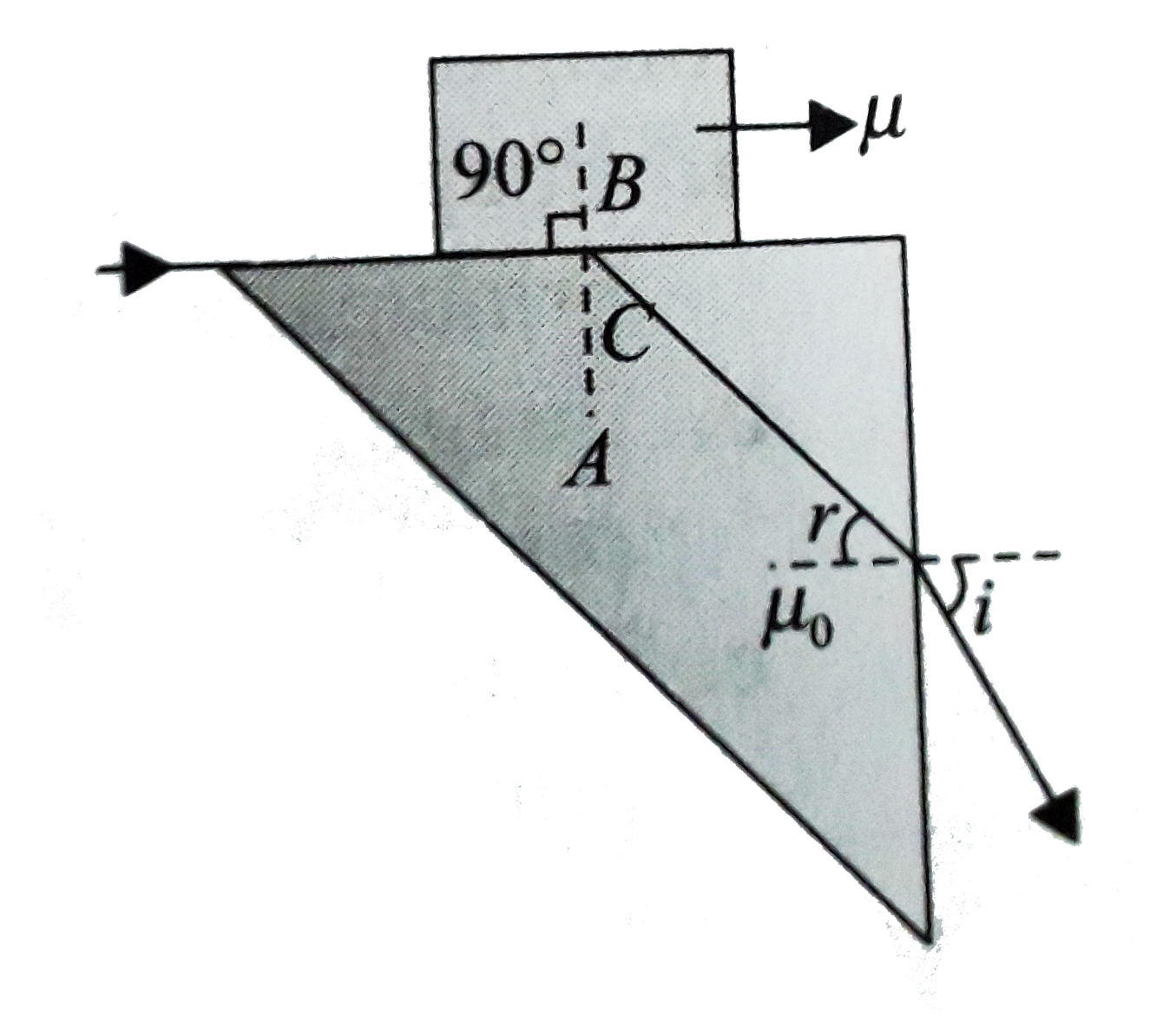The refractive index of a solid is observed to have the same value along all direction. Comment on the nature of this solid. Would it show cleavage property?
As the solid has same value of refractive index along all directions, this means that it is isotropic and hence amorphous. Being ans amorphous solid, it would not show a clean cleavage when cut with a knife. Instead, it would break into pieces with irregular surfaces.
Topper's Solved these Questions
Similar Questions
The refractive index of a solid is observed to have the same value along all direction. Comment on the nature of this solid. Would it show cleavage property?
View SolutionThe refractive index of a solid is observed to have the same value along all direction. Comment on the nature of this solid. Would it show cleavage property?
View Solution
Knowledge Check
The physical property (ies) which (is) are same along all the directions in an isotropic solid-
ARefractive indexBElectrical conductivityCThermal conductivityDNone of the above.If refractive indedx is found to be same in all directions through a solid, then this propery is called ______
AisomerismBmetamerismCisotropyDanisotropyPulfrich refractometer is used to measure the refractive index of solids and liquid. It consist of right angled prism. A having its two faces perfectly plane. One of the face is horizontal and the other is vertical as shown is figure. The solid B whose refractive index is to be determined is taken having two faces cut perpendicular to one another. Light is incident in a direction parallel to the horizontal surface so that the light entering the prism A is at critical angle C. Finally, it emerges from the prism at an angle i. Let the refractive index of the solid be μ and that of the prism A be μ0 (which is known). Here μ0>μ and by measuring i, μ can be determinged.

Q. Refractive index of the solid (μ) in terms of μ0 and i isA√μ20+sin2iBμ0+sin2iC√μ20−2sin2iD√μ20−sin2i
Thermal conductivity of a solid has different values along different directions. What kind of solid is this ? Also comment on its melting point .
View SolutionA postal stamp is placed on a surface and a glass cube of refractive index 32 is placed over it. When observed through the glass slab, the stamp appears at a height of 1.5 cm from the bottom. Another glass cube made of different material nad having the same thickness is placed over the first glass cube. When observed from the top, the stamp now appears to be at a height of 4 cm from the bottom. Determine the refractive index of the second galss cube.
View SolutionPulfrich refractometer is used to measure the refractive index of solids and liquid. It consist of right angled prism. A having its two faces perfectly plane. One of the face is horizontal and the other is vertical as shown is figure. The solid B whose refractive index is to be determined is taken having two faces cut perpendicular to one another. Light is incident in a direction parallel to the horizontal surface so that the light entering the prism A is at critical angle C. Finally, it emerges from the prism at an angle i. Let the refractive index of the solid be μ and that of the prism A be μ0 (which is known). Here μ0>μ and by measuring i, μ can be determinged.

Q. Refractive index of the solid (μ) in terms of μ0 and i is
View SolutionPulfrich refractometer is used to measure the refractive index of solids and liquid. It consist of right angled prism. A having its two faces perfectly plane. One of the face is horizontal and the other is vertical as shown is figure. The solid B whose refractive index is to be determined is taken having two faces cut perpendicular to one another. Light is incident in a direction parallel to the horizontal surface so that the light entering the prism A is at critical angle C. Finally, it emerges from the prism at an angle i. Let the refractive index of the solid be μ and that of the prism A be μ0 (which is known). Here μ0>μ and by measuring i, μ can be determinged.

Q. Refractive index of the solid (μ) in terms of μ0 and i is
View SolutionSome physical properties of crystalline solids lik refractive index or electrical resistance show different value on measuring along different directions I the same crystal. This property is called
View Solution
